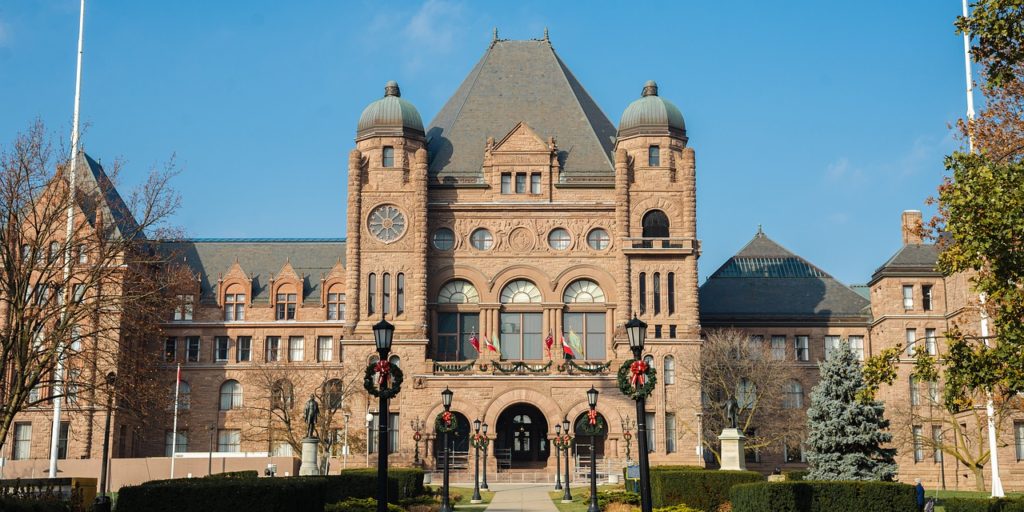- Lifetime licence bans are needed to fight drinking and driving - January 6, 2021
- Tinted windows in automobiles: are they permitted in Ontario? - August 7, 2020
- Recent cycling deaths point to a need to make roads safer - July 27, 2020
A new provincial private member’s bill would result in more appropriate punishments for drivers who kill or injure pedestrians and cyclists, says Toronto critical injury lawyer and safety advocate Patrick Brown.
Brown, partner with McLeish Orlando LLP, was recently at Queen’s Park for the introduction of Bill 158, the Protecting Vulnerable Road Users Act by NDP MPP Cheri DiNovo.
If passed, the bill would add penalties to all driving offences under the Highway Traffic Act (HTA) that result in the death or serious injury of a vulnerable road user.
“It is no longer acceptable to have small fines handed out when somebody does an illegal driving manoeuvre and seriously injures or kills someone,” Brown told a press conference to unveil the proposed law, where he was representing the Coalition for Vulnerable Road User Laws.
The bill provides for community service, licence suspension, and driver re-education in cases that resulted in deaths and serious injury, as well as requiring culpable motorists to attend court for sentencing, and to hear victim impact statements.
‘Most comprehensive’
Similar laws already exist in several jurisdictions in the United States, but Brown described bill 158 as “the most comprehensive” of its kind in North America.
As the law currently stands, he says Ontario drivers charged in fatal accidents are able to avoid the most serious consequences by admitting less serious offences. However, such “pleading out” would be impossible under bill 158:
“The penalties apply to over 50 sections” of the HTA, not just one,” Brown said.
David Stark, the co-founder of Friends and Families of Safe Streets, lost his wife when she was struck and killed by a careless driver in 2014 while standing on a sidewalk.
“A strong vulnerable road user law would greatly improve road safety in the province while giving a voice to bereaved family members whose victim impact statements are often read in court without the convicted driver present to hear them,” Stark said during the press conference.

